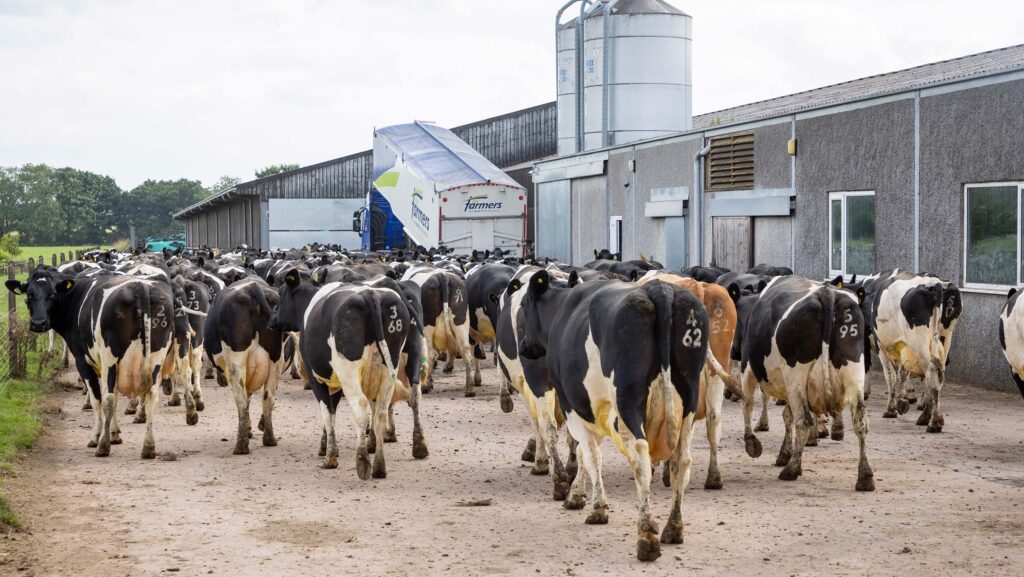Amazon boss injects £7.3m into cattle methane vaccine project
 © GNP
© GNP Amazon founder Jeff Bezos has invested millions of pounds into a pioneering project aimed at developing a vaccine that would reduce methane emissions from cattle.
Researchers at the Pirbright Institute in Surrey and the Royal Veterinary College are working with an international consortium to build scientific evidence for a vaccine that can reduce the number and activity of methane-producing microbes, or methanogens, in a cow’s gut.
The project, which is being backed by a $9.4m (£7.3m) grant from the Bezos Earth Fund, is exploring the potential of a vaccine to reduce these emissions by 30%.
See also: How feeding methane inhibitors can help cut emissions
The three-year study with AgResearch – a New Zealand institute dedicated to agricultural innovation – aims to build on work by the Global Methane Hub, which found that knowledge and technical gaps were limiting progress in the development of methanogen vaccines.
It will focus on the complex biology of methanogens in cattle and developing targeted antibody responses to inhibit their growth.
According to the Global Methane Hub, reducing methane emissions by 45% by 2030 could deliver a global cooling effect of approximately 0.3C by 2040.
Given that by some estimates livestock contribute about a third of all global greenhouse gas emissions, an effective vaccine could have a massive impact on global climate efforts.
Prof John Hammond, director of research at the Pirbright Institute, said: “To cut global methane emissions by 30%, low-frequency interventions are essential.
“Vaccination is a widely accepted farming practice that is auditable and can be used in combination with other strategies, such as chemical inhibition, selection for low-methane genetics, or early-life interventions to permanently alter microbiome composition in livestock.”
